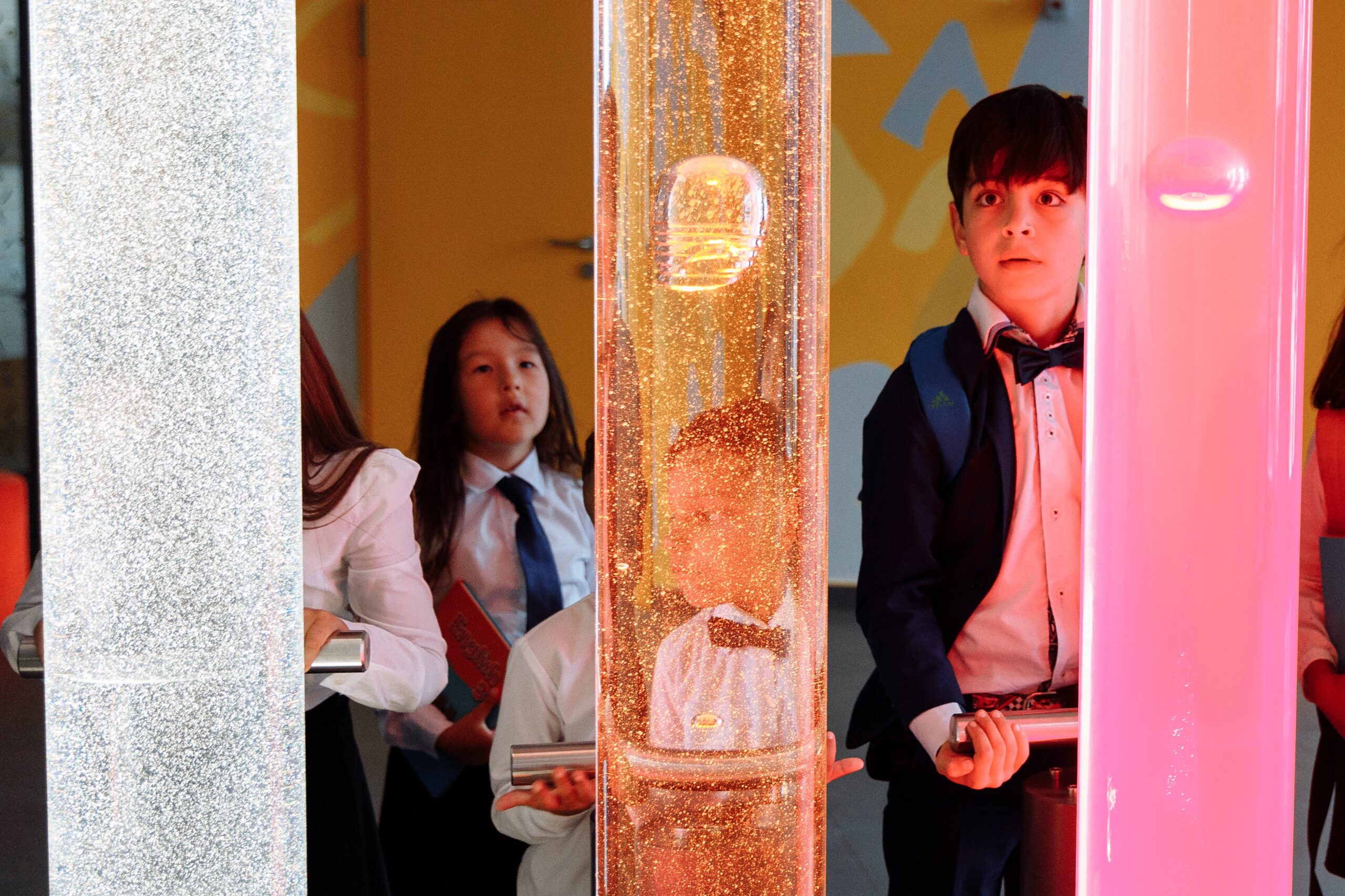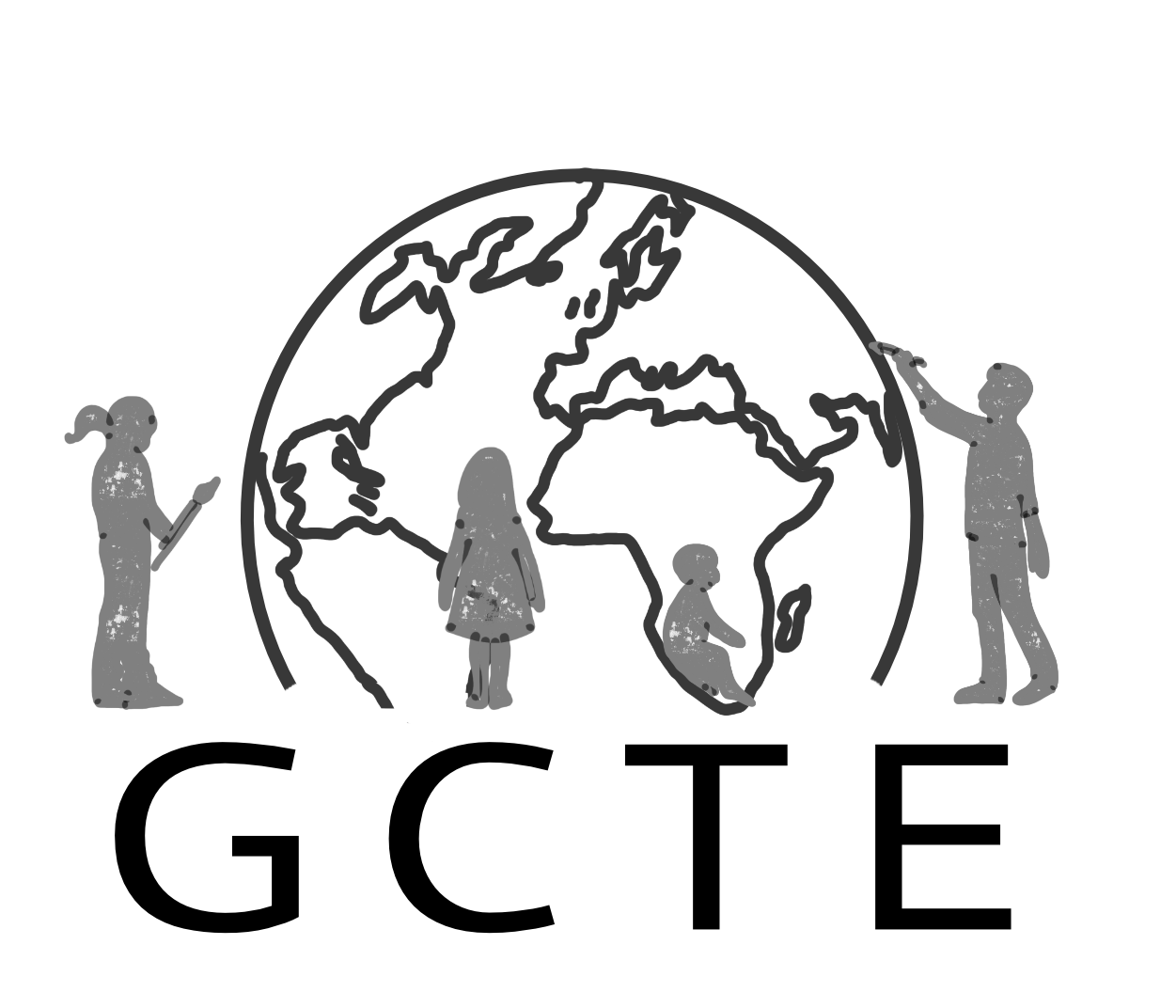

Geographies of Childhood in Teacher Education
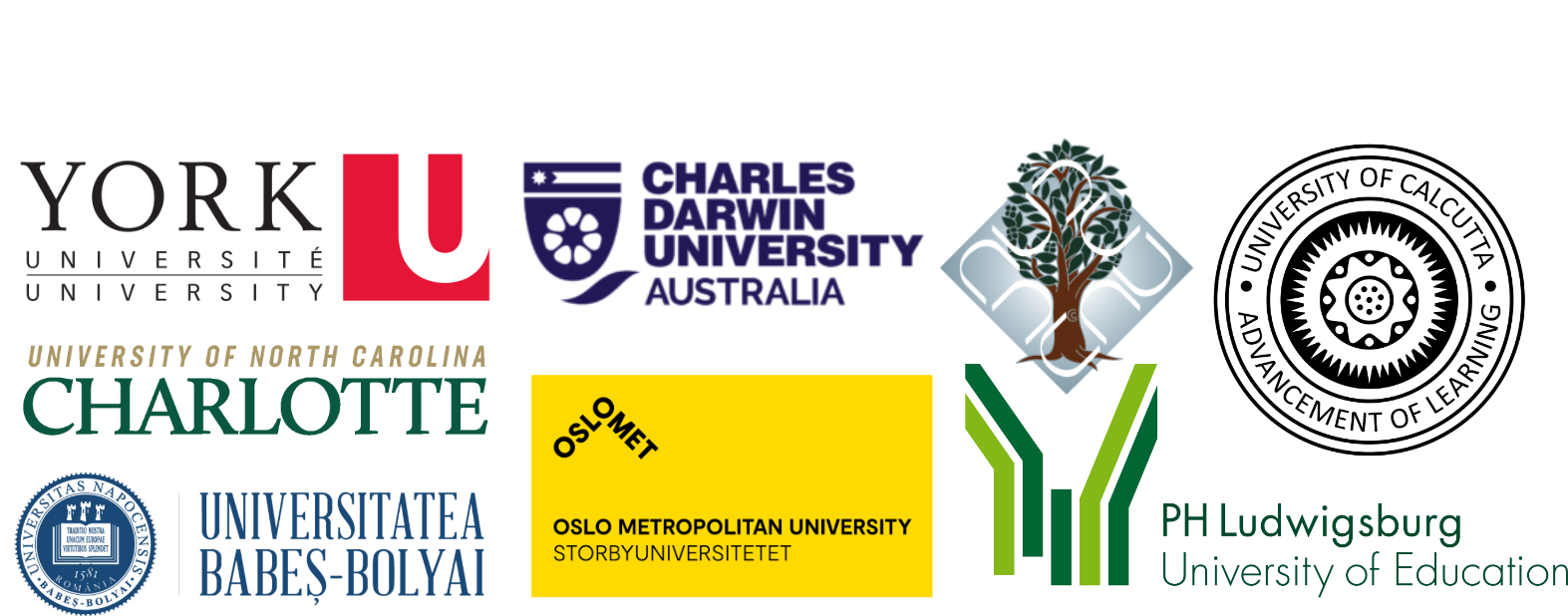
International Project-Based Community Engagement in Diverse Contexts
Welcome to Geographies of Childhood in Teacher Education Project! Our project focuses on fostering community engagement in diverse contexts to develop a holistic approach to children’s lives. By considering the spatial dimensions of children’s experiences and perspectives, we aim to create globally oriented solutions that address their socio-ecological systems. Join us on this journey to transform education and empower young learners across different cultural, political, and economic backgrounds.


Project Goals
Provision of an Interdisciplinary Teaching Module (BCE)
The module is based on a comparative examination of the ways in which community engagement is incorporated into teacher preparation programs in diverse international “Geographies of Childhood”. These include for example „indigenous leadership“, „international orientation“ and „regional engagement“ (CDU), “diversity and ethnographic research in slums” (AUD), “internships in community centers and university/community relations”.
Expansion of the Diversity Sensitive and Community-Related Competencies
In order to be able to shape diversity in teaching practice in a differentiated and goal-oriented manner on-site and at the locations of the participating partner universities, we intend to expand the diversity sensitive and community-related competencies of MA students. We intend for them to develop a systemic view of the fields of diversity education in direct exchange with members of the partner universities
Immersion of the Digital Competencies
It is our goal to immerse the digital competencies of teachers and students in order to establish innovative and sustainable teaching formats of “Geographies of Childhood” (digital teaching, blended learning sce-narios, location-based learning, gamification, augmented reality, etc.).
Expansion of the Project-Related Competencies
We intend to expand the project-related competencies of students and teachers in order to be able to act flexibly and in complex contexts in the face of diverse social changes, develop critical-reflexive skills and actively engage with various partners important for the “Geographies of Childhood”.
Deepening of the Socio-Spatial Competencies
Another goal is to deepen the socio-spatial competencies of students and teachers in order to perceive the challenges of the school and the teachers in the social environment, to shape them in an inclusive way and thus carry social coherence beyond the teaching practice.
Interlocking of Subject Knowledge, Subject Didactics and Teaching Practice
By using digital technology, project-based teaching and socio-spatial transfers to the living world of the students in order to contribute to Global Citizenship Education and the SDG-4 sustainability goal, it is our goal to support the interlocking of subject knowledge, subject didactics and teaching practice.
Reflecting and Developing Curricular Elements
Using the integration of international perspectives and school-university collaboration we intend to promote reflection, as well as the development of curricular elements.
Implementing and Certification of the Teaching Module
Another goal is the implementation and certification of the evaluated Blended Community Education (BCE) module in partner universities and PSE. It includes the development of a permanent website as a digital collaboration platform that gives interested parties insights into the projects (tools, products, project proposals) and offers op-portunities for collaboration, also by a final publication (open access). Moreover we intend to develop a permanent certification system for the BCE module.
Research Results Bring Direct Added Value for Curriculum Development, Teaching and Networking
The data from the five countries will be analyzed using a comparative framework that examines the ways in which teacher education programs approach community engagement, with a particular focus on the “Geographies of Childhood”.
Our Partners

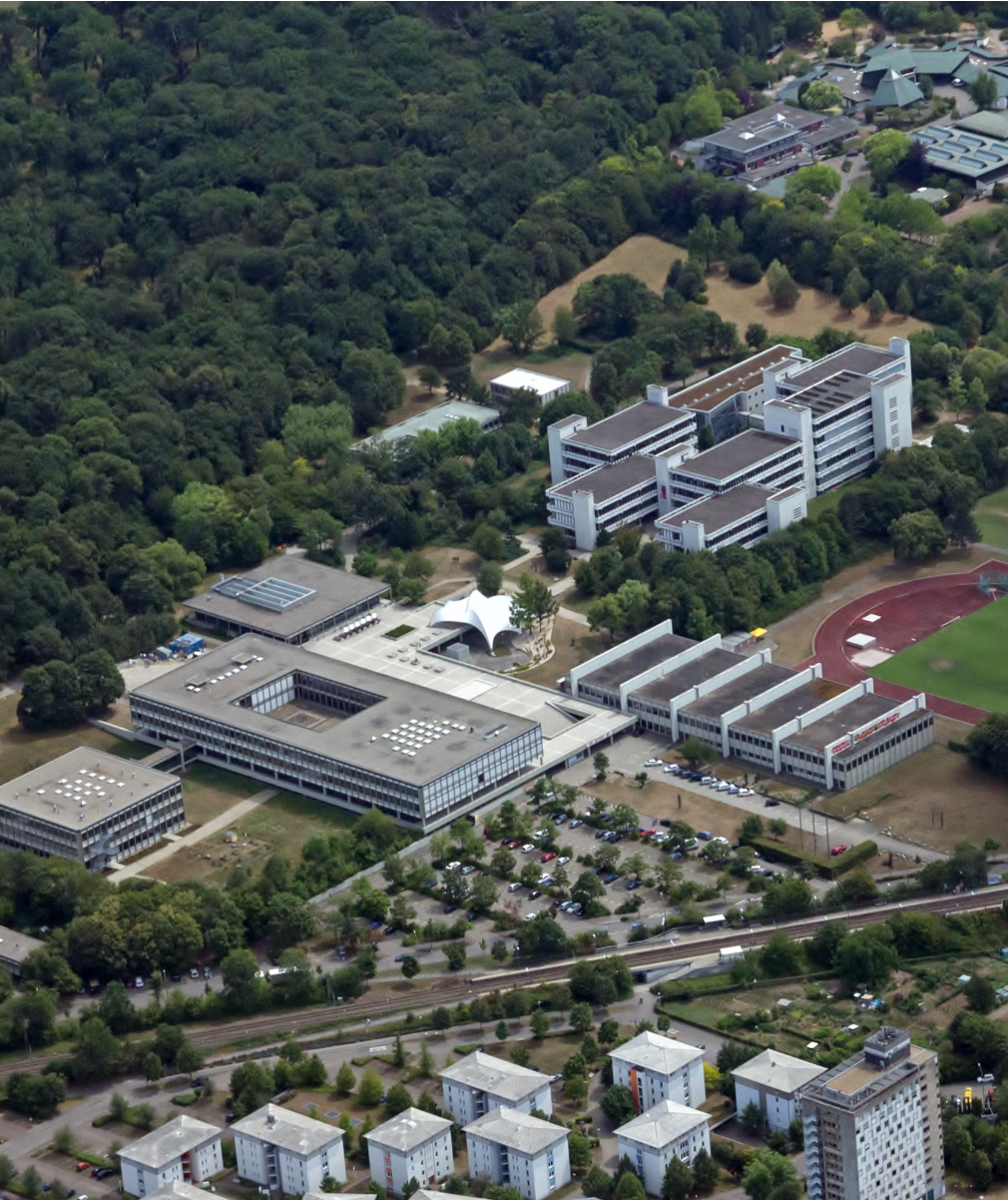
Pädagogische Hochschule Ludwigsburg, Germany
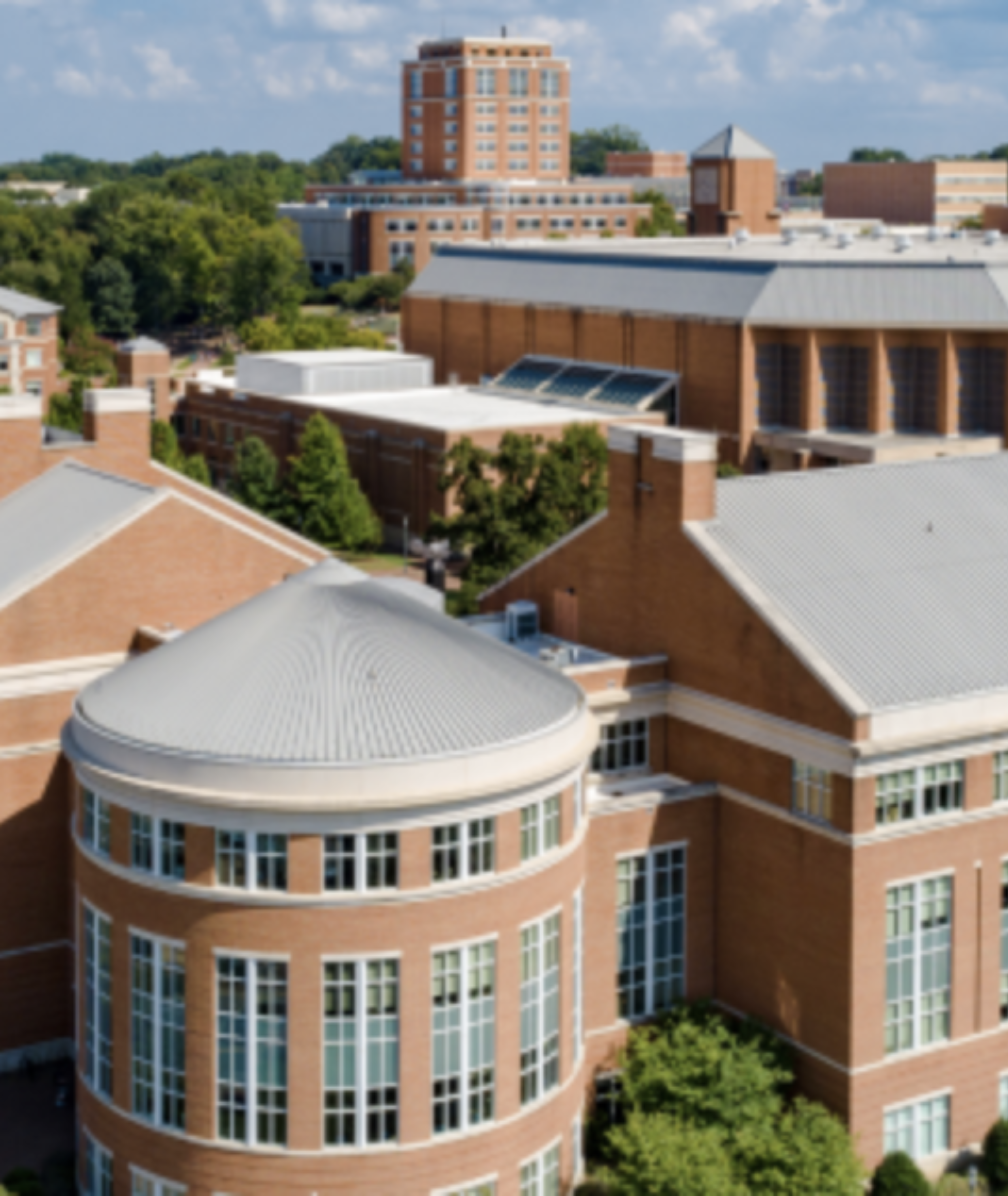
University of North Carolina Charlotte, USA
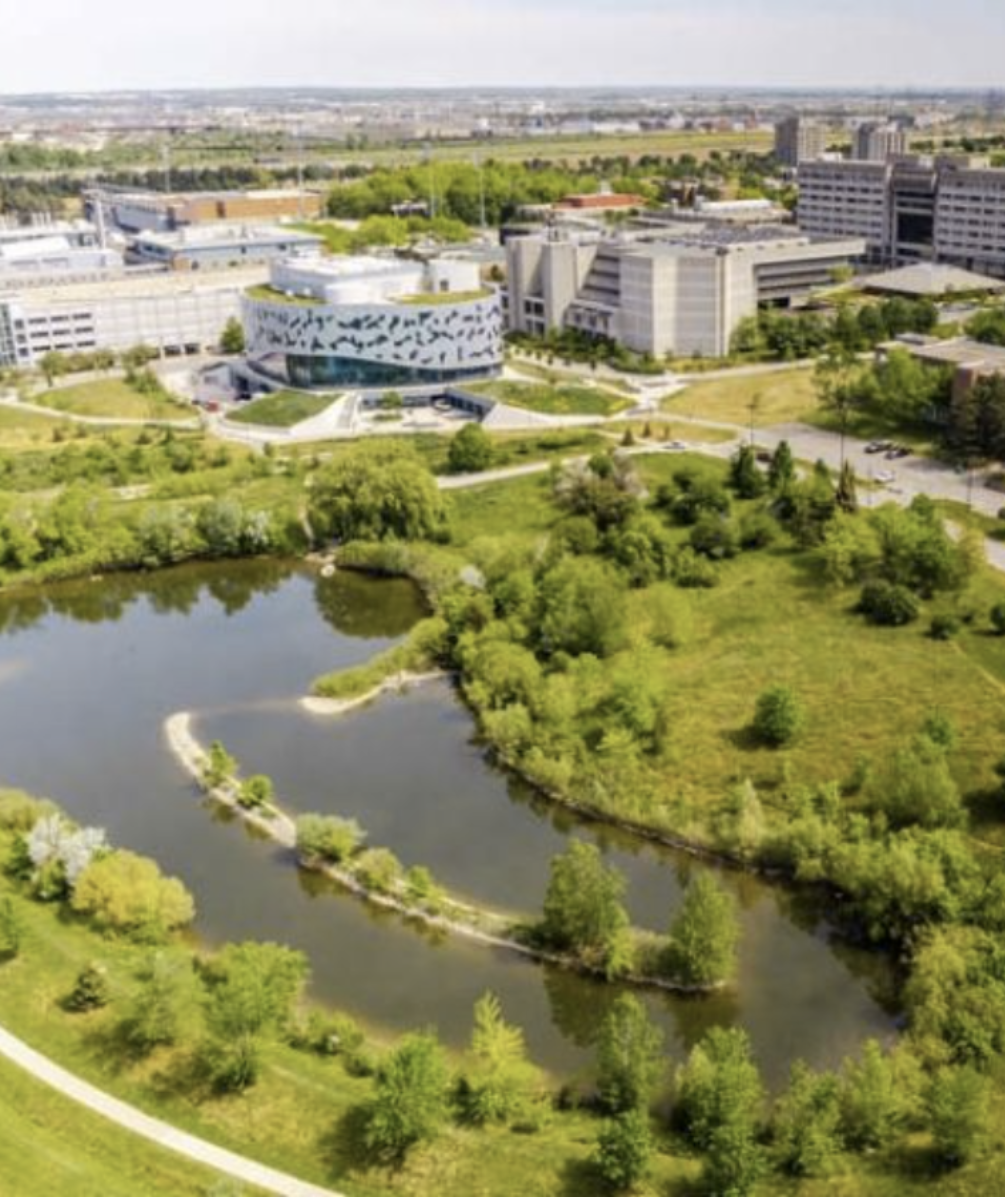
York University, Canada
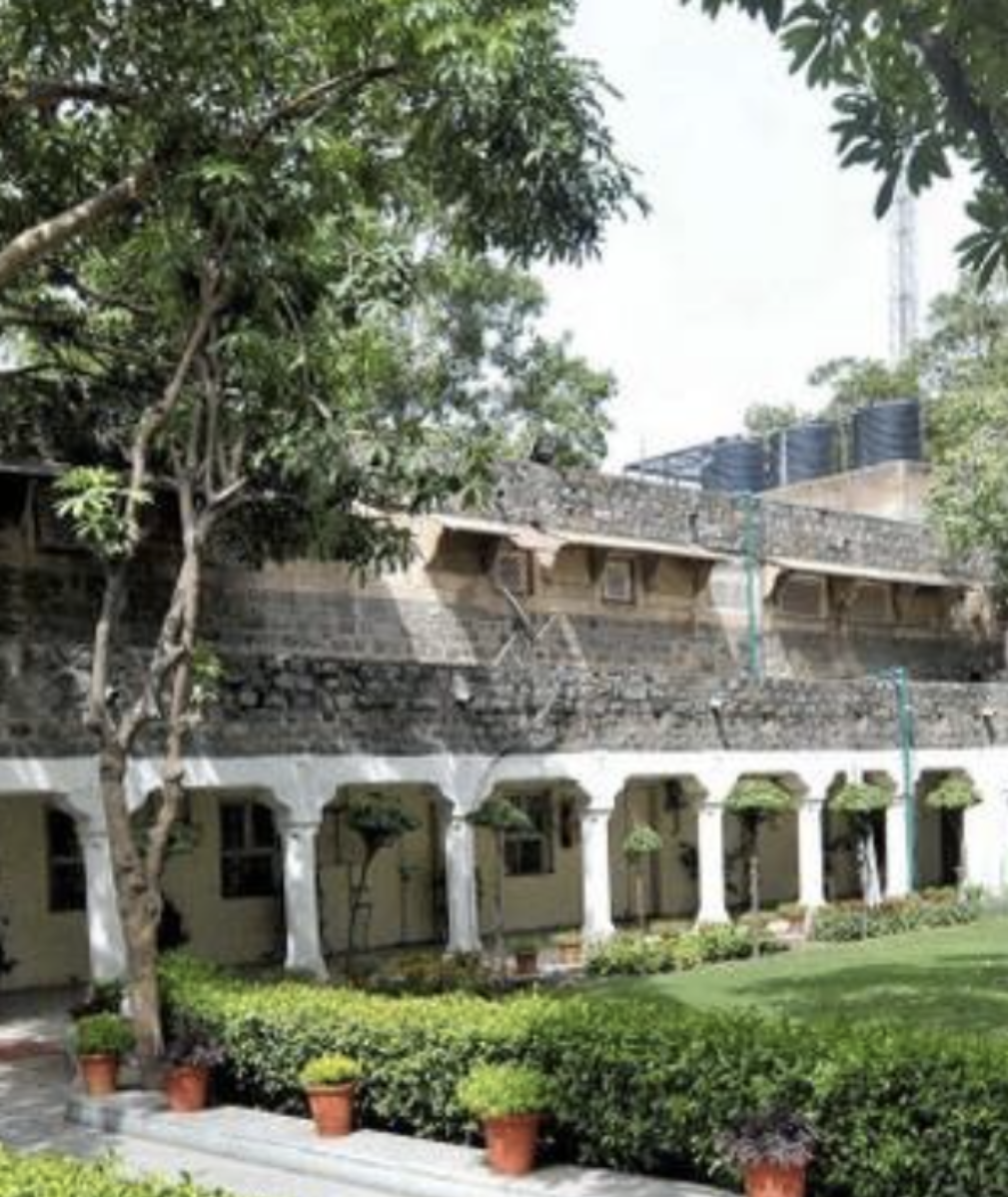
Ambedkar University Delhi, India
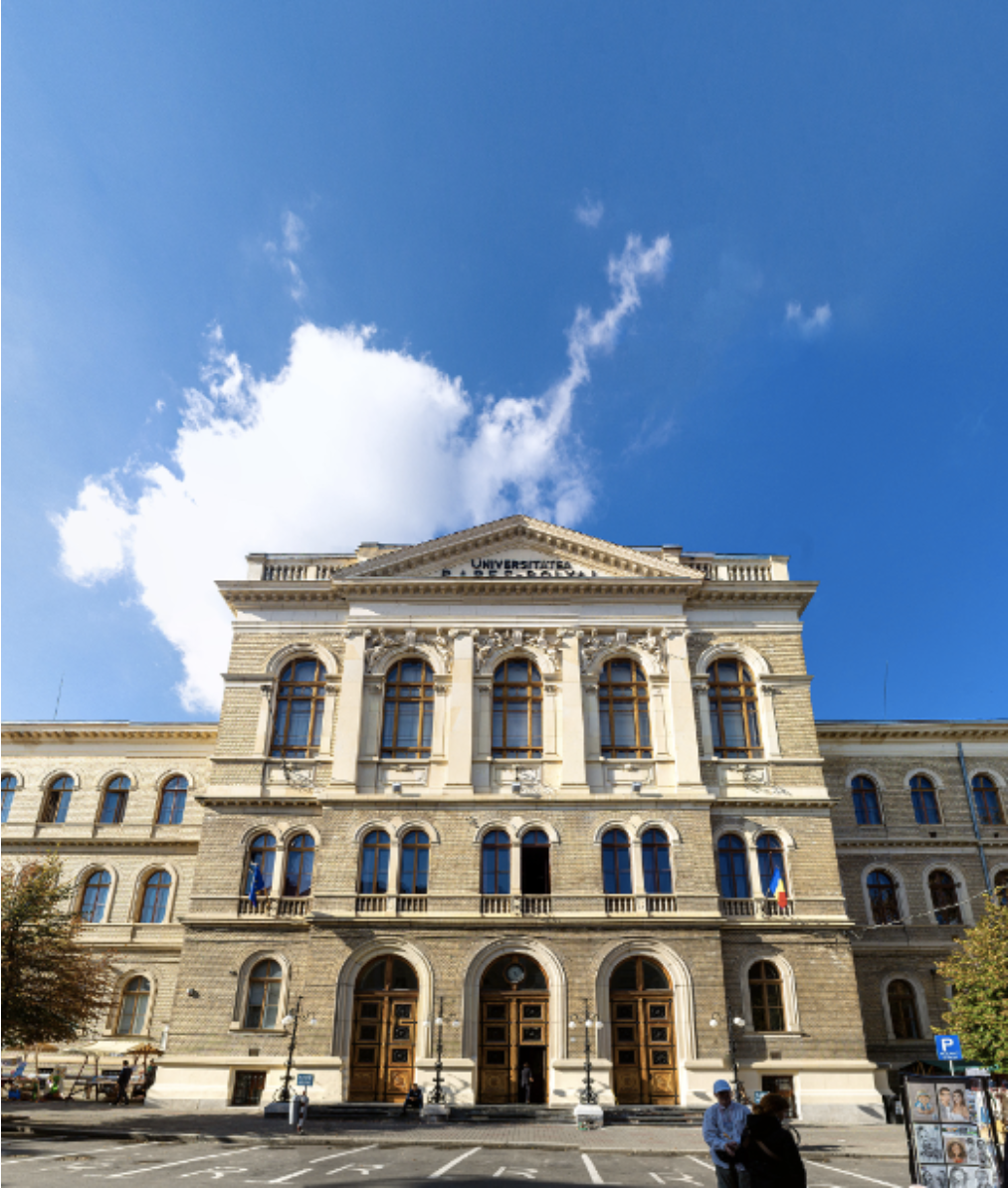
Babeș-Bolyai University, Romania
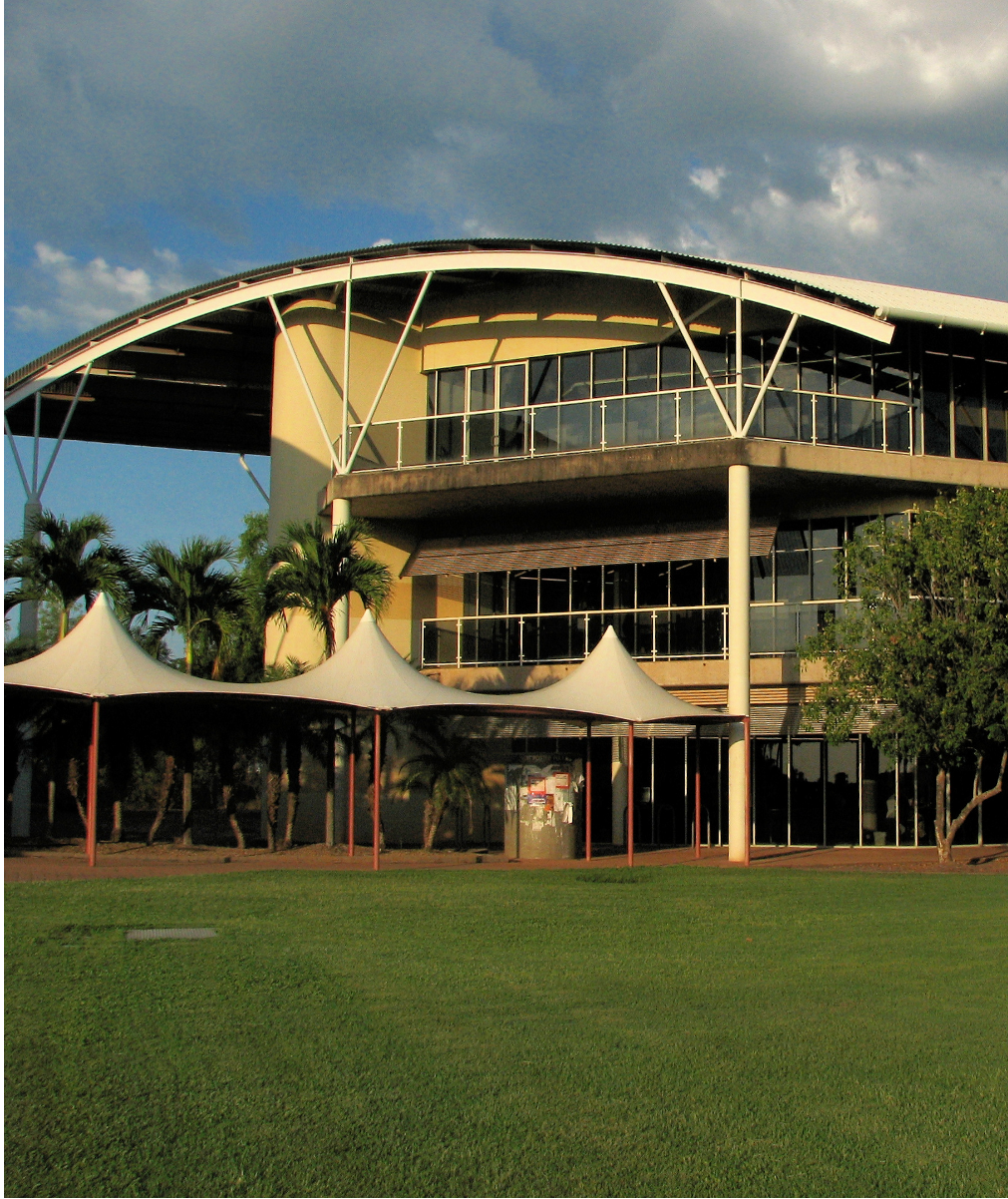
Charles Darwin University, Australia
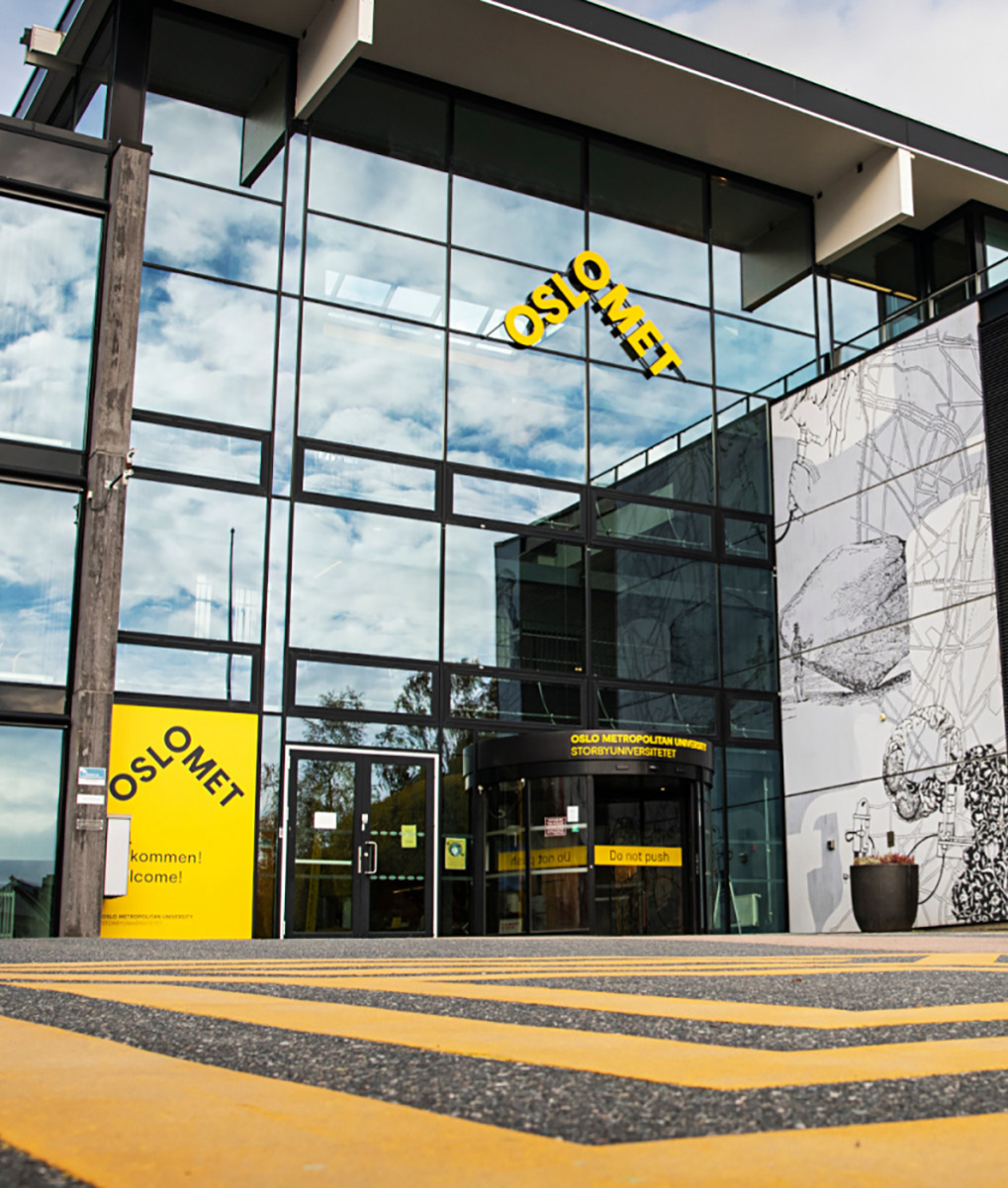
Oslo Metropolitan University, Norway
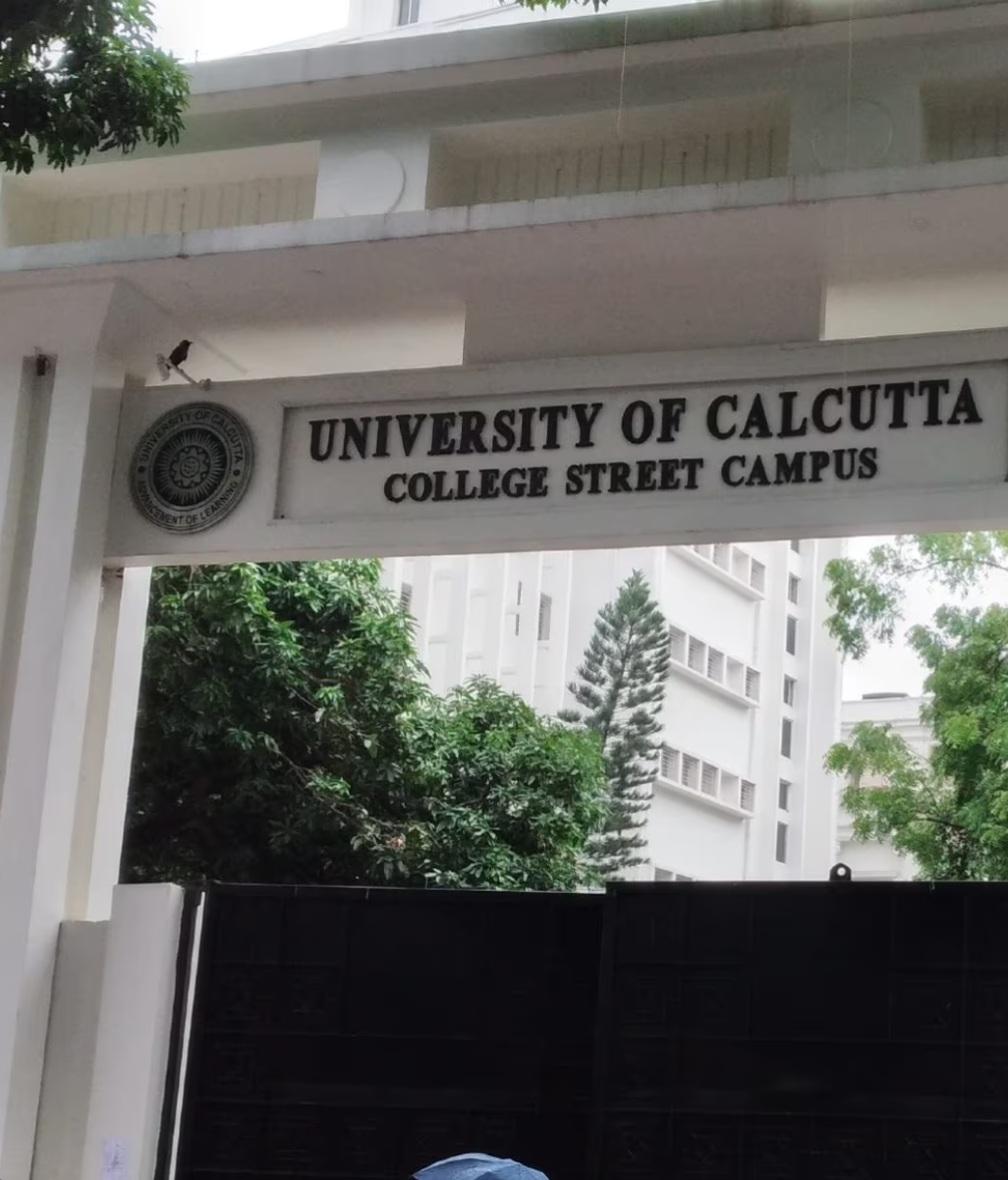
University of Calcutta, India
Our motivation
Universities of teacher education and their students worldwide are facing special challenges like continuing social dynamics, migration, increasing heterogeneity in schools, shifts in the political tectonics of their social environment, and through increasing digitali-zation. The sensitive perception and the constructive treatment of diverse lifeworlds and social spaces are systemic challenges that affect all areas of higher education and studies without exception.
